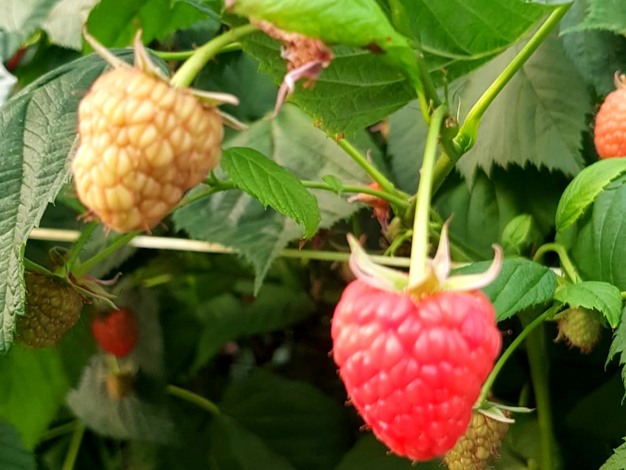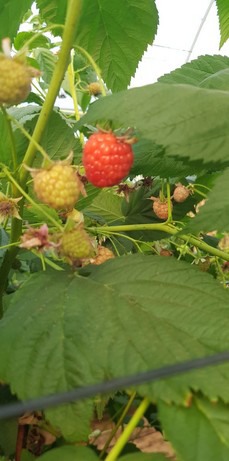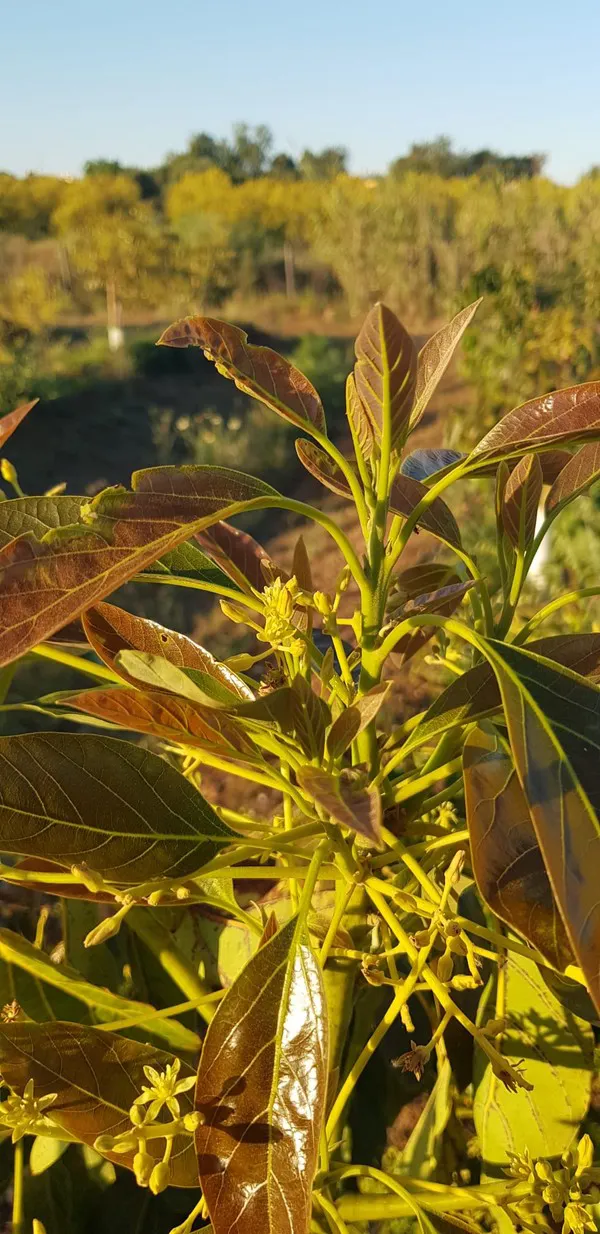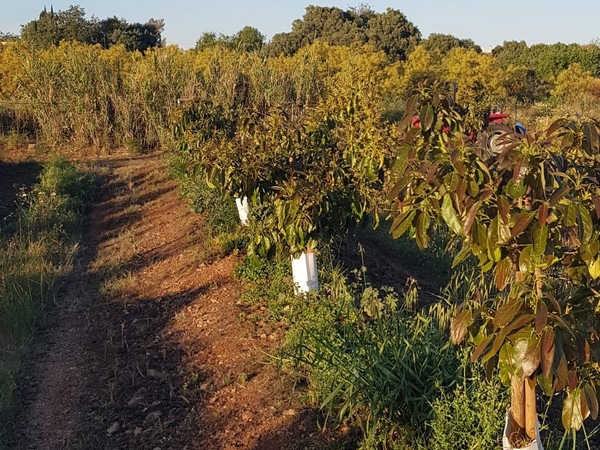Raspberry production has certainly experienced an interesting expansion in Portugal over the past decade. According to data provided by Faostat, the country's cultivated acreage went from 110 hectares in 2011 to more than 1,450 in 2021, with a production that in that period multiplied by more than 14, going from just over 1,900 tons to nearly 28,000. With this figure, Portugal, together with Spain, has positioned itself as one of the largest exporters of raspberries in Europe.

"Despite the difference in terms of scale, Spain and Portugal are very similar when it comes to their cross-sectional problems in the berry sector. One of them is that the traders and big companies are all in Morocco, where production costs are much lower, and that means that we cannot compete with them, either in production costs or prices," says the producer José Cruz. "Money rules, but now it rules more than it has ever done before, and that, in the end, is causing us small producers to become even smaller. Fortunately, there is still agricultural cooperativism, which makes everything much easier for us."
"In my case, I grow 2 hectares of raspberries, from which I harvest about 50 tons, and the marketing is carried out through the Madre Fruta cooperative, which has about 150 hectares in the Algarve."

"Right now, we are working on a format to ship the fruit to the Dutch market," says José. In fact, the Netherlands, along with France and Italy, are the most important export markets today for Portuguese raspberries, although this was not always the case. "Before Brexit, the UK was the most important market for us, and before the war in Ukraine, the Russian market was also quite active." Spain is another destination for Portugal's berries.
"In Portugal there are two important raspberry production hotspots: the Algarve and Alentejo. In the Algarve, the production is mostly located between Faro and Vila Real de Santo Antonio, with much smaller farms than in Spain. But in the Alentejo area there is no such problem of scale in the farms. That is why many Spanish operators and dealers serve the Spanish market from there."
The need for land and the search for it in Portugal has put "great pressure on rents and agricultural land sales in the area," says José. "And this is done not only for raspberries, but mostly for avocados."
"I don't think avocados will ever totally displace berries in the Algarve."

Although last decade's figures on the expansion of raspberry cultivation are surprising, the exponential expansion of avocado production in the country is even more impressive. While the figures have continued to rise and the latest official statistics have yet to be published (since their compilation is always a bit delayed), data from 2021 already point to the acreage in the country exceeding 2,500 hectares.
"The Algarve in particular has the ideal conditions for avocado cultivation and Portuguese companies and also Spanish investment funds have made large investments and purchases in Portugal. I myself own 8.5 hectares of avocados that will be in full production 3 years from now; and although they have an interesting price now, you don't know what it will be like then; in fact, I don't think prices are going to stay at today's levels."
"If you don't scale up with berries it is difficult to obtain a good profitability, but despite their expansion, I don't think avocados will ever displace them in this area of Portugal." Despite the high increase in production costs, "raspberry and blackberry prices currently stand at about 8 to 9 Euro per kilo. We are still picking fruit, almost finishing the campaign, and I am planning to convert some of the area to blackberries next season," says José Cruz. "The cost is higher (due to the plant price), but the value obtained for the fruit is higher and less labor is needed".

For more information:
José Cruz
josemjcruz13@gmail.com
